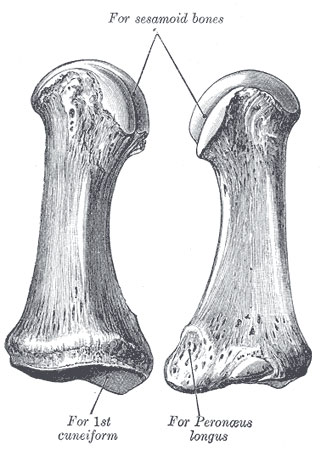From a Technology Review interview with Ernest J. Moniz, an MIT physicist and former Under Secretary of the U.S. Department of Energy…
Tech Review: President Bush has been talking a lot about hydrogen. Is the hydrogen economy the answer?
Moniz: There are many here on campus who have written about it — John Deutch had a Science paper about it and John Heywood has testified to the Congress about it and has written several reports with colleagues. The hydrogen transportation economy looks to us to be very, very challenging, very far off. And “very far off” could mean: forever far off. Given the cost barriers that must be overcome with fuel cells, the challenges for storing hydrogen onboard, and the infrastructure problems for delivering hydrogen — it makes one wonder whether alternative technologies, which require far less disruption to the infrastructure and are far less of a cost challenge, but are highly efficient, don’t essentially accomplish the same goal…


